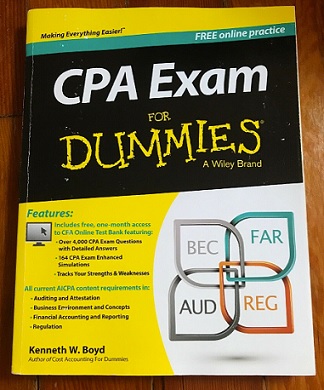
Last month, people were meeting with their certified public accountant to file their income taxes. At this time of year, I hear all sorts of stories about advice being dispensed by CPAs to their clients. When his or her advice is outside of immediate tax consequences, their advice can be problematic. This is because of the goals and structure of a CPA’s focus. They usually have a goal of reducing this year’s income tax liability instead of the entirety of their client’s financial life. Instead of looking at a lifetime or more, the CPA is looking only at this year or next. Instead of looking at investment portfolio returns over decades, the CPA is looking at the immediate tax consequences of an investment. Instead of looking at a family’s actual financial behavior, they only look at tax tactics. The result of these mis-matching viewpoints can result in poor financial advice from some CPAs. Below are a couple I heard this year:
“You should make a maximum contribution to a new IRA to get a nice tax deduction.” If you review income tax rates over time, they are very low today and these rates are set to expire in 2026. Unless the Republican Party has the majority congress, senate, and presidency, it is unlikely these low tax rates will be renewed in 2026 and so they will go up. Now is the time to do the opposite and get long-term money OUT of tax-deferred accounts, not put money into them. Withdraw money (if you can avoid penalties when under age 59 ½) with today’s low tax rates and place that money into a Roth IRA or some other location that can be withdrawn later and tax-free when rates are higher.
“Whatever you do, do not pay down that mortgage!” Just because there may be some favorable tax treatment does not mean it is a smart financial move. Where would that money go if not to paying down the mortgage? In this particular case, I knew where it would go – to extra “bonus” shopping. Instead of building equity for more financial stability and options, the money would be spent at a shopping mall: not a good financial move. In another case that received similar advice from a CPA, paying off the mortgage would also be the smart move because it is how they manage their rental portfolio equity. Building equity faster would allow the couple to re-finance and purchase more units, ramping up their portfolio faster.
A CPA is knowledgeable and skilled with the tax code, but it does not mean they are all equally skilled with business, real estate, investing, financial planning, or wealth management. A CPA should be a part of your financial team but not your sole consultant for financial decision-making.
